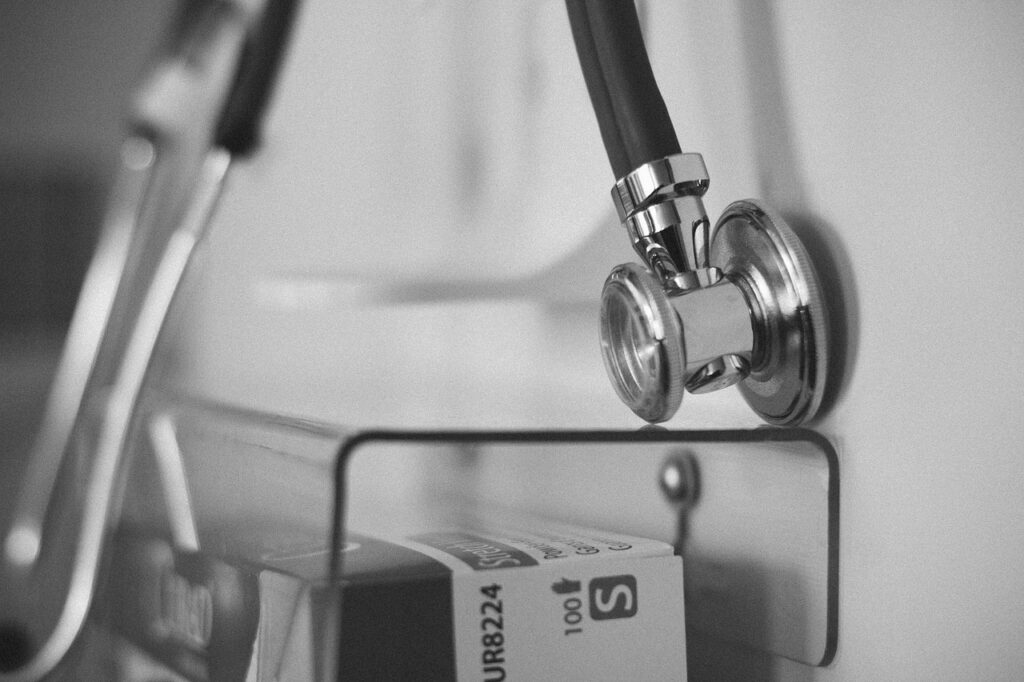Every industry is using online platforms to increase its reach in the fast-paced digital world of today, and the healthcare sector is no different. The strategic use of digital platforms to advertise healthcare services, interact with patients, and build a strong online presence is known as medical digital marketing. Digital marketing is changing how healthcare providers interact with their audience, whether individual practitioners or hospitals and clinics.
Understanding Medical Digital Marketing
Medical Digital Marketing encompasses various online strategies aimed at improving visibility, attracting patients, and building trust. Unlike traditional marketing, which relies on print ads, billboards, or word-of-mouth referrals, digital marketing utilizes online platforms like search engines, social media, email, and websites to target and engage potential patients.
It includes a combination of Search Engine Optimization (SEO), content marketing, social media marketing, Pay-Per-Click (PPC) advertising, email campaigns, and online reputation management. These strategies help healthcare providers communicate effectively, enhance patient trust, and ultimately improve their services.
Key Components of Medical Digital Marketing
1. Search Engine Optimization (SEO)
SEO is crucial for healthcare providers looking to rank higher on search engines like Google. Patients often search for medical services online, and a well-optimized website can ensure that they find your practice first. SEO involves:
- Keyword research and optimization
- High-quality, informative content
- Technical SEO (website speed, mobile-friendliness, security)
- Local SEO for location-based searches
2. Content Marketing
Content marketing is essential to medical digital marketing because it gives patients useful information. Videos, infographics, blog entries, and essays can all be used to inform patients about illnesses, therapies, and preventative care. In addition to increasing authority, high-quality content increases a website’s organic traffic.
3. Social Media Marketing
Connecting with patients via social media sites like Facebook, Instagram, LinkedIn, and Twitter is a great idea. To engage their audience and create a devoted community, healthcare providers might post updates, patient endorsements, health advice, and success stories.
4. Pay-Per-Click (PPC) Advertising
Google Ads and other PPC campaigns can increase website visitors right away. These advertisements, which target particular regions, demographics, and search terms, show up on social media sites and search engines. PPC is a powerful tool for drawing in new clients who are searching for particular medical services.
5. Email Marketing
Healthcare providers can maintain contact with both current and future patients through email marketing. Personalized health advice, appointment reminders, and frequent mailings all contribute to patient trust and participation.
6. Online Reputation Management
For healthcare professionals, having a solid internet reputation is crucial. Patients’ choices are influenced by reviews and ratings found on websites such as Yelp, Healthgrades, and Google My Business. The reputation of a practice can be increased by promoting positive reviews from pleased clients and appropriately handling unfavorable comments.

Why Does Medical Digital Marketing Matter?
1. Increased Patient Engagement
Today’s patients make more proactive and knowledgeable healthcare decisions. Before making choices, they look up doctors, therapies, and symptoms online. Healthcare providers may efficiently interact with patients and give them reliable, pertinent information by using digital marketing.
2. Enhanced Online Visibility
Having a strong internet presence is crucial since most patients use search engines to locate healthcare providers. It is easier for people to locate and get in touch with healthcare providers when they are listed at the top of search results thanks to medical digital marketing tactics, particularly SEO and PPC.
3. Cost-Effective Marketing
Digital marketing offers a higher return on investment (ROI) and is more economical than traditional marketing techniques. Without spending a fortune, healthcare providers can reach a wider audience through social media promotions, content marketing, and online advertising.
4. Improved Patient Trust and Credibility
Patient trust is increased by regularly offering useful and reliable health information via blogs, social media, and email marketing. Patients are more inclined to use a healthcare provider’s services when they perceive them as a reliable source of information.
5. Targeted Advertising and Personalized Experience
Healthcare providers can target particular populations based on factors like location, age, interests, and health problems by using digital marketing. Conversion rates are raised and the patient experience is enhanced by customized email campaigns and content.
6. Easy Appointment Scheduling and Follow-Ups
Nowadays, a lot of healthcare providers use online booking platforms and digital marketing, making it easy for people to make appointments. Automated reminders and follow-up emails improve patient satisfaction and lower no-show rates.
How to Get Started with Medical Digital Marketing
For healthcare professionals and institutions looking to implement digital marketing, here are some essential steps:
- Build a User-Friendly Website – Ensure that your website is responsive, easy to navigate, and contains essential information like services, contact details, and patient testimonials.
- Optimize for Local SEO – Claim your Google My Business listing, update NAP (Name, Address, Phone number) details, and encourage patient reviews.
- Create Valuable Content – Regularly update your blog with informative articles, FAQs, and videos addressing common patient concerns.
- Leverage Social Media – Engage with patients on social platforms by sharing health tips, success stories, and live Q&A sessions.
- Invest in Paid Advertising – Use Google Ads and social media ads to target specific audiences and increase patient acquisition.
- Monitor and Improve – Use analytics tools to track performance and adjust strategies for better results.
Conclusion
Medical Digital Marketing is no longer optional—it is a necessity for healthcare providers looking to expand their reach and stay competitive. By leveraging SEO, content marketing, social media, PPC, and reputation management, healthcare professionals can effectively engage with patients, build trust, and improve their practice’s success. In an era where digital presence determines credibility, investing in digital marketing is the key to sustainable growth in the healthcare industry.





